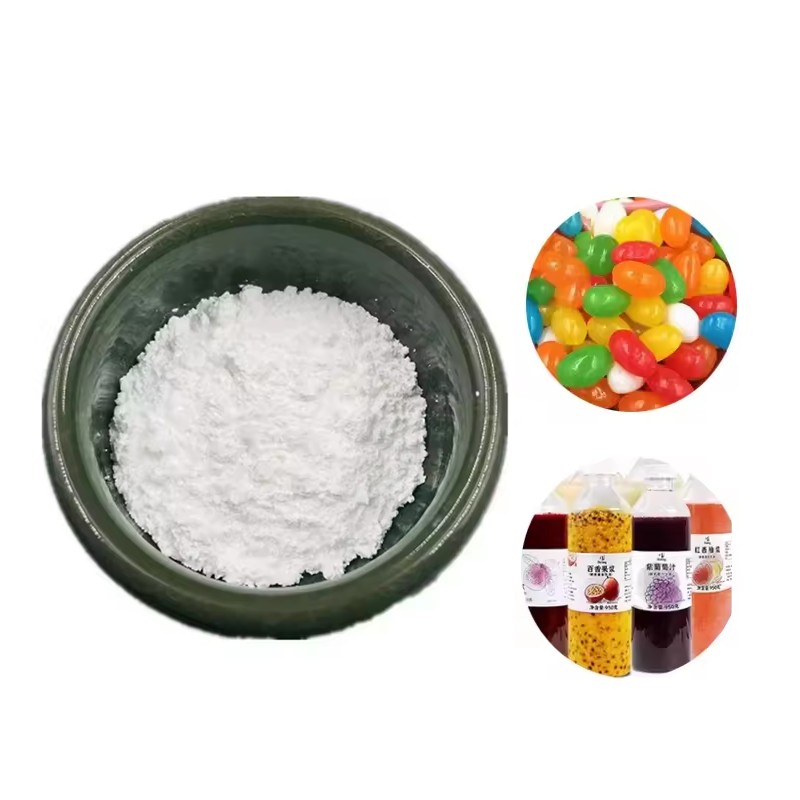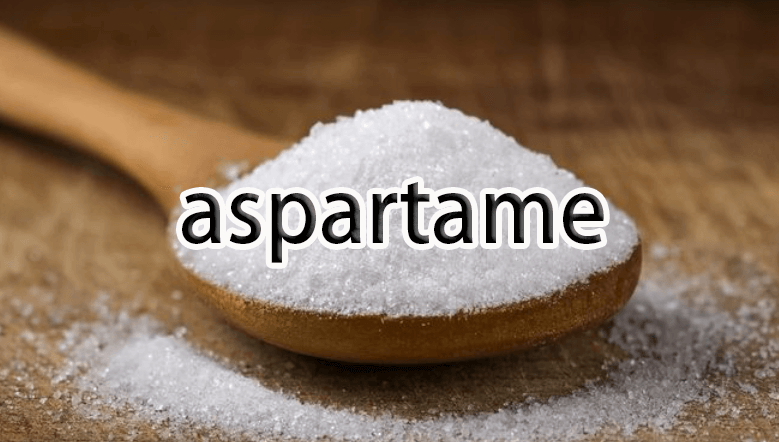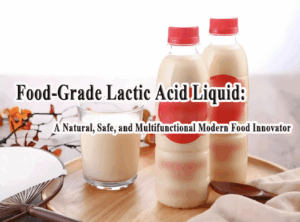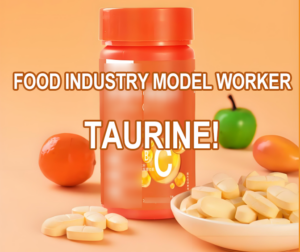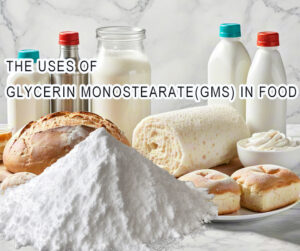Aspartam
Aspartam nedir?
Aspartam, onlarca yıldır kişinin ilave şeker alımını azaltmanın bir yolu olarak kullanılan düşük kalorili bir tatlandırıcıdır ve yine de tatlı bir şeyin tadını çıkarmaktan memnuniyet sağlar. Aspartam şekerden yaklaşık 200 kat daha tatlıdır ve bu nedenle şekerin sağladığı tatlılığı yakalamak için sadece az miktarda tatlandırıcıya ihtiyaç vardır.
Masa üstü paketlerde ve hazır yiyecek ve içeceklerde aspartam, acı tatları en aza indirmek ve genel tadı artırmak için genellikle diğer tatlandırıcılar veya gıda bileşenleri ile karıştırılır. Aspartam ayrıca çeşitli düşük kalorili masa üstü tatlandırıcılarda da bulunur.

Diyabetli kişiler aspartam tüketebilir mi?
Evet. Aspartam ile yapılan yiyecek ve içecekler, şekerle tatlandırılmış yiyecek ve içeceklere alternatif olarak ve tatlı tat alma arzularını tatmin etmelerine yardımcı olmanın bir yolu olarak diyabetli kişilere sıklıkla tavsiye edilmektedir.
Kapsamlı araştırmalar, aspartamın kan glikoz seviyelerini yükseltmediğini veya insanlarda kan glikoz yönetimini başka bir şekilde etkilemediğini göstermektedir. 13-15 2018 yılında yapılan randomize kontrollü bir çalışmada, plasebo ile karşılaştırıldığında aspartam alımının 12 haftalık müdahale boyunca kan şekeri veya insülin seviyeleri üzerinde hiçbir etkisi olmamıştır.16 Beslenme, tıp, fiziksel aktivite ve halk sağlığı uzmanları tarafından yapılan son konsensüs açıklamalarında, düşük kalorili tatlandırıcıların diyabet yönetiminde kullanılmasının daha iyi glisemik kontrole katkıda bulunabileceği sonucuna varılırken, düşük kalorili tatlandırıcıların hemoglobin A1C, insülin ve açlık ve tokluk glikozu üzerindeki nötr etkilerinden bahsedilmektedir.
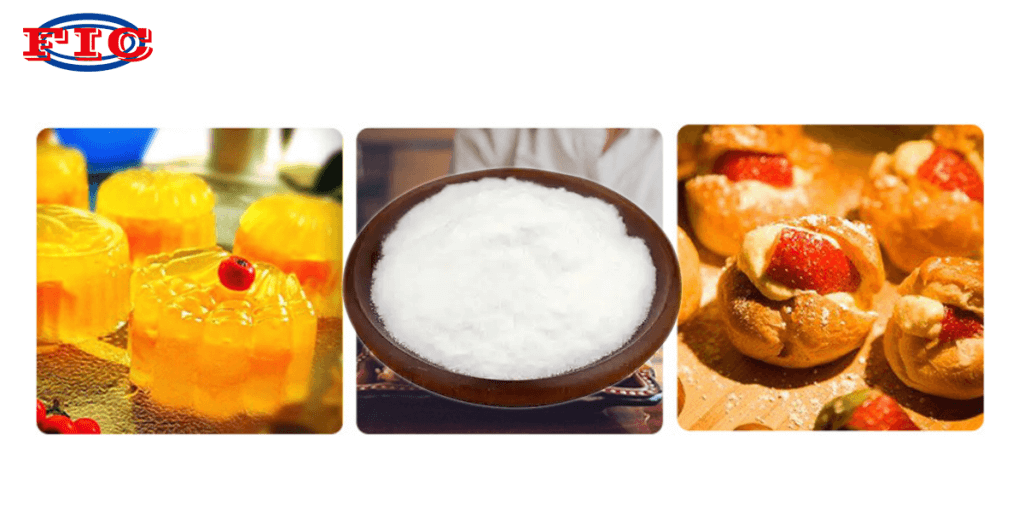
Aspartam tüketmek güvenli midir?
Evet. Aspartam, güvenliğini destekleyen 200'den fazla çalışma ile insan gıda tedarikinde en kapsamlı şekilde incelenen bileşenlerden biridir. ABD Gıda ve İlaç Dairesi (FDA) 1981 yılında kuru gıdalarda, 1983 yılında gazlı içeceklerde ve 1996 yılında genel amaçlı tatlandırıcı olarak kullanımını onaylamıştır. Avrupa Gıda Güvenliği Otoritesi (EFSA) ve Ortak FAO/WHO Gıda Katkı Maddeleri Uzman Komitesi (JECFA) gibi önde gelen küresel sağlık otoriteleri, gıda katkı maddelerinin bilimsel risk değerlendirmelerini ve güvenlik değerlendirmelerini yürütmektedir ve aspartamın kullanım amacı için güvenli olduğu sonucuna varmışlardır. Bu sonuçlara ve diğer bağımsız incelemelere dayanarak, Japonya Sağlık, Çalışma ve Refah Bakanlığı; Avustralya Gıda Standartları Yeni Zelanda; Kanada Sağlık Bakanlığı ve ABD FDA dahil olmak üzere dünyanın dört bir yanındaki hükümet düzenleyicileri aspartam kullanımına izin vermektedir.
Aspartamın güvenliği ADI değerini aşmayan alımlar için belirlenmiş olsa da, aspartam alımı fenilketonüri (PKU) olan kişiler tarafından sınırlandırılmalıdır. PKU, etkilenen kişinin aspartamda ve süt, peynir, fındık ve et gibi birçok yaygın gıdada bulunan amino asitlerden biri olan fenilalanini düzgün bir şekilde metabolize edememesine neden olan nadir bir genetik hastalıktır. PKU'lu bireylerin tüm kaynaklardan fenilalanin alımından kaçınmaları veya kısıtlamaları gerekir. FDA, içeriğinde aspartam bulunan tüm paketlenmiş yiyecek ve içeceklerin etiketinde tüketicileri fenilalaninin varlığı konusunda bilgilendiren bir ifade bulunmasını zorunlu tutmaktadır.
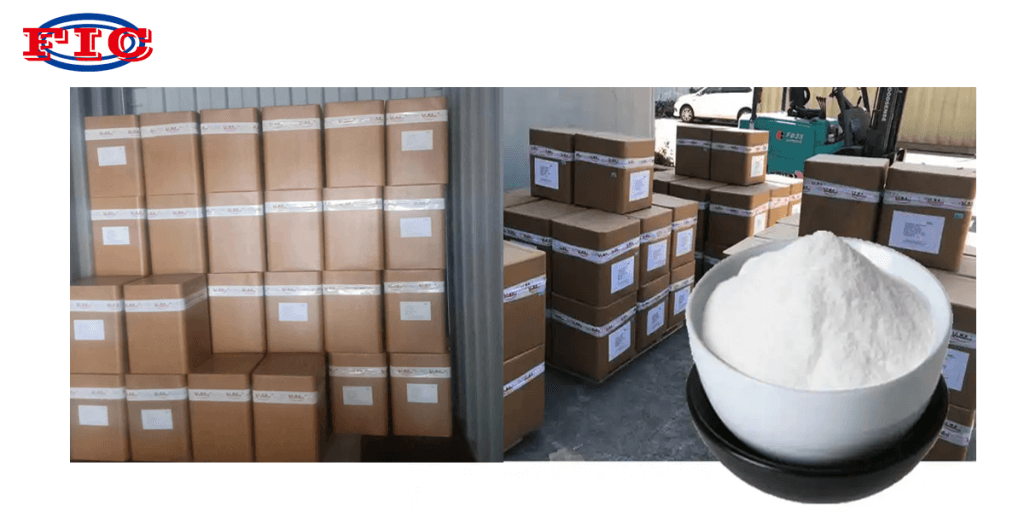
Çin'de GIDA KATKI MADDELERİ, YEM VE GÜBRELEME, ENDÜSTRİYEL KİMYASALLAR, KİMYASALLAR profesyonel bir tedarikçisi olarak Orta Doğu, Güney Amerika, vb aspartam sattık. Karşılıklı fayda ve güvene dayalı olarak işimizi genişletmek için tam desteğinizi ve anlayışınızı gerçekten umuyoruz.
Daha fazla bilgiye veya diğer sorularınıza ihtiyacınız olursa, lütfen çekinmeden bizimle iletişime geçin!

